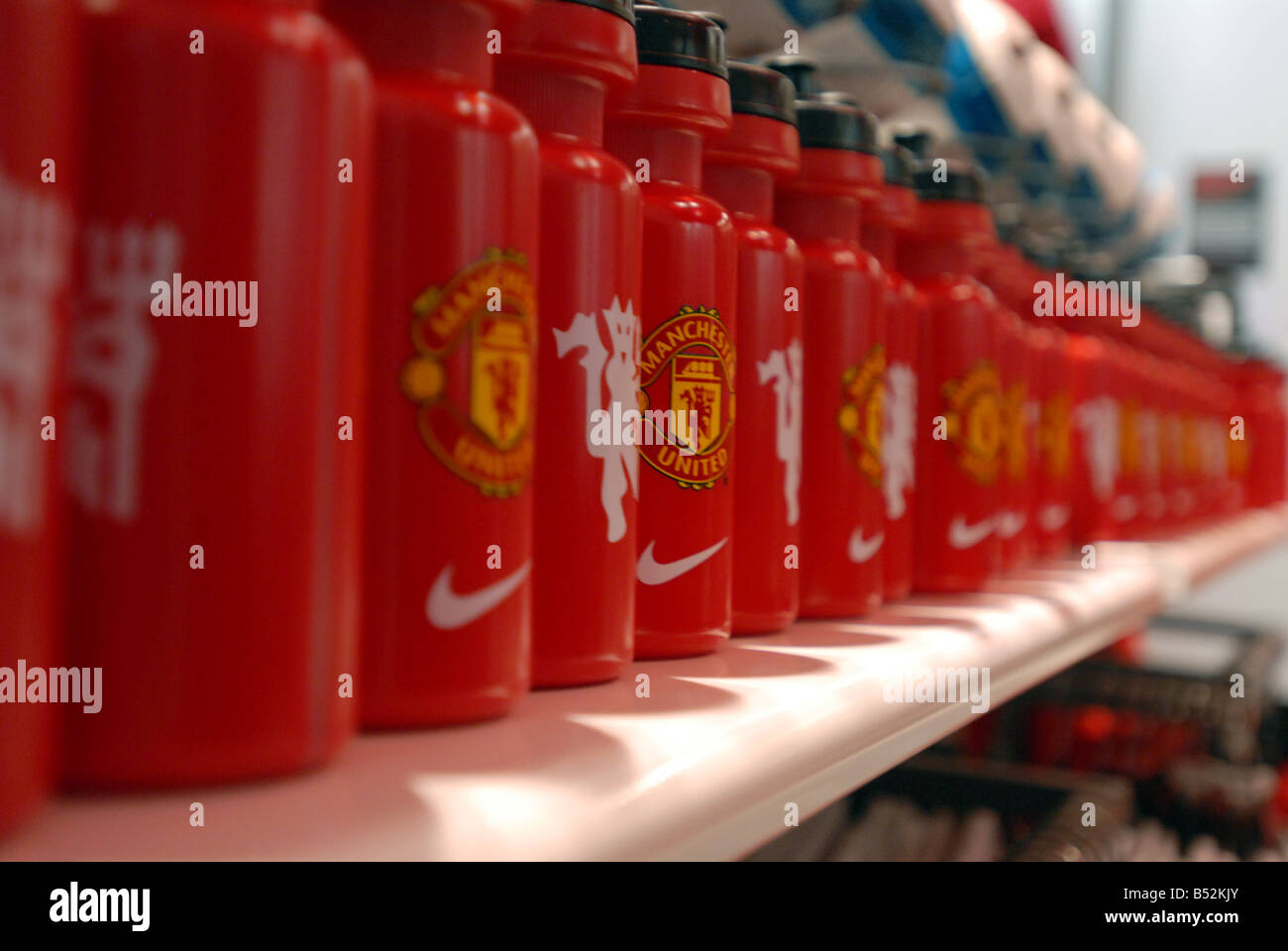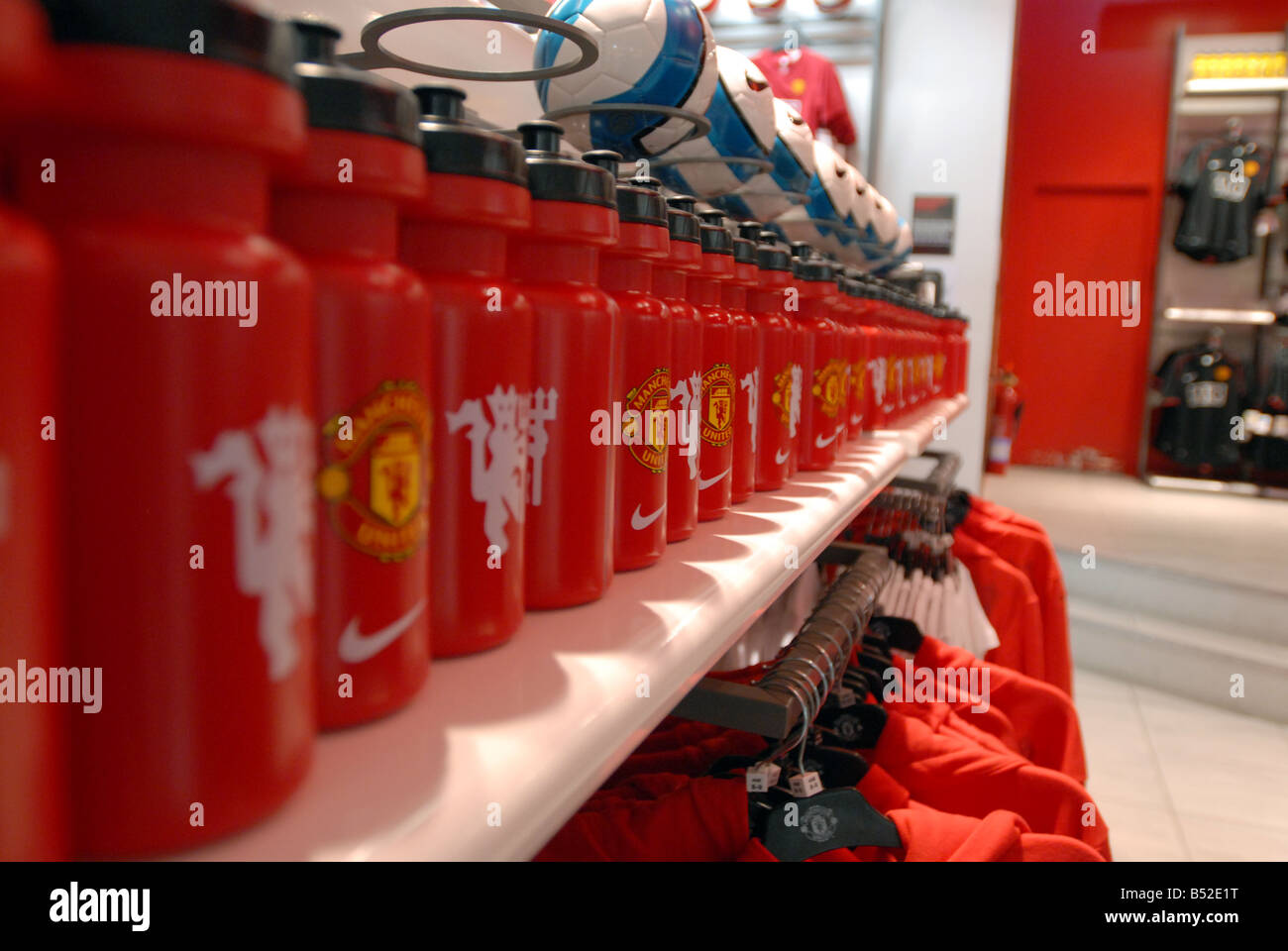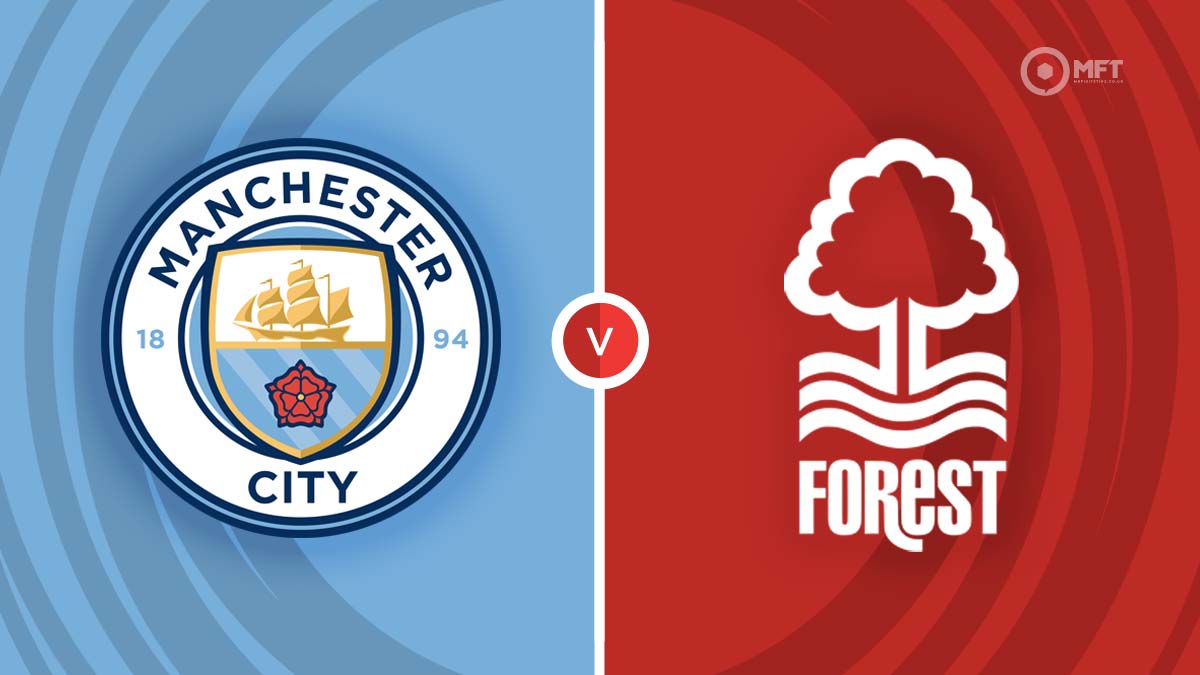Manchester United merch, a global phenomenon, extends far beyond simple apparel. This deep dive explores the historical evolution of its popularity, analyzing sales trends, pricing strategies, and the impact of social media marketing on this multi-million dollar industry. We’ll examine the target audience, design aesthetics, and the ever-present challenge of counterfeit goods.
From classic jerseys to the latest accessories, the merchandise reflects the club’s rich history and ongoing success. This analysis will unpack the complex interplay of brand loyalty, player performance, and marketing strategies that fuel the demand for Manchester United branded products, providing insights into the business behind the badge.
Manchester United Merchandise: A Comprehensive Analysis
The global appeal of Manchester United extends far beyond the pitch, manifesting significantly in the immense popularity of its merchandise. This analysis delves into various facets of the club’s merchandising operation, examining its historical trajectory, current trends, marketing strategies, and ethical considerations.
Popularity and Trends of Manchester United Merchandise
Manchester United’s merchandise popularity has evolved dramatically since the club’s early days. Initially, merchandise was limited to basic items, but with the club’s growing global fanbase and commercial success, the range and sophistication of merchandise have expanded considerably. The past five years have witnessed a surge in online sales, fueled by the club’s active social media presence and targeted digital marketing.
Over the past five years, replica jerseys consistently rank as the top-selling item, followed by training wear and apparel. Accessories like scarves, hats, and keychains also enjoy strong sales, particularly during peak seasons. While jersey sales fluctuate based on player performance and new signings, apparel sales maintain a steadier trajectory, indicating a broader appeal beyond specific players. Successful seasons and high-profile player acquisitions, such as the arrival of Cristiano Ronaldo in 2021, demonstrably boost merchandise sales, generating significant short-term spikes in demand.
Pricing and Distribution Channels of Manchester United Merchandise
Official merchandise tends to be priced higher than unofficial merchandise, reflecting brand authenticity and quality. However, unofficial sellers often undercut official prices, posing a significant challenge to the club’s revenue streams and brand protection efforts. Manchester United leverages a multi-channel distribution strategy to maximize reach and sales.
The club’s official online store serves as the primary sales channel, offering a wide range of products and convenient global shipping. Retail partnerships with major sports retailers and department stores provide additional physical sales points, while dedicated stadium shops offer a unique in-person shopping experience for match-day attendees. Online channels offer greater convenience and reach, but physical stores provide a tangible brand experience and impulse buying opportunities.
Conversely, online stores have lower overhead costs but require significant investment in e-commerce infrastructure and digital marketing.
| Seller | Product | Price (USD) | Shipping |
|---|---|---|---|
| Official Online Store | Replica Home Jersey | 120 | Varies by location |
| Major Sports Retailer | Replica Home Jersey | 110 | Varies by location |
| Unofficial Online Seller | Replica Home Jersey | 80 | May not be reliable |
| Stadium Shop | Replica Home Jersey | 125 | N/A |
Target Audience for Manchester United Merchandise
Manchester United merchandise appeals to a diverse global fanbase, with key demographic groups including young adults (18-35), families, and older, long-term supporters. Psychographically, these groups are united by a strong sense of brand loyalty, a passion for football, and a desire to express their team affiliation. Younger demographics tend to prioritize trendy designs and collaborations, while older fans may favor more classic styles and memorabilia.
Purchasing habits vary across age groups. Younger fans frequently engage in online purchases and are more receptive to digital marketing campaigns, while older fans may prefer traditional retail channels. Manchester United tailors its marketing efforts accordingly, using social media to reach younger audiences and traditional advertising channels to engage older demographics. Targeted advertising and sponsorships are also used to reach specific segments based on interests and geographic location.
Design and Branding of Manchester United Merchandise

The evolution of the Manchester United club logo reflects the club’s history and identity. The current logo, a simplified version of the club’s crest, features prominently across all merchandise, ensuring brand recognition. The club’s traditional red and white color scheme is consistently used, with variations in design and patterns across different product categories. Modern designs often incorporate contemporary trends and collaborations, maintaining a balance between heritage and contemporary appeal.
Sponsorships play a significant role in merchandise branding, with sponsor logos often appearing on jerseys and other apparel items. These sponsorships generate revenue for the club while providing additional brand exposure for the sponsors. The careful integration of sponsors’ branding with the club’s identity is crucial to maintain a cohesive and appealing product line.
Impact of Social Media and Marketing on Merchandise Sales
Manchester United actively utilizes social media platforms like Instagram, Twitter, and Facebook to promote merchandise, creating engaging content and running targeted advertising campaigns. These campaigns often feature star players and leverage high-profile events to drive sales. Influencer marketing plays a key role, with popular football personalities endorsing merchandise and promoting exclusive deals to their followers.
Do not overlook the opportunity to discover more about the subject of 6 correct score today premier league.
Successful campaigns often incorporate interactive elements, user-generated content, and limited-edition releases to generate excitement and build anticipation. Examples include campaigns centered around new kit launches, player signings, and special anniversary celebrations. These campaigns frequently include behind-the-scenes content and exclusive offers to build community engagement and drive sales.
Sustainability and Ethical Considerations in Manchester United Merchandise Production
Manchester United is increasingly focusing on sustainability and ethical considerations in its merchandise production. The club is exploring the use of recycled and sustainable materials, promoting transparency in its supply chains, and working with partners committed to ethical labor practices. While the full environmental impact of merchandise production remains a complex issue, the club is actively working to minimize its footprint.
Examples of eco-friendly merchandise options include products made from recycled polyester or organic cotton. The club is also working to improve transparency and traceability throughout its supply chain, ensuring that its merchandise is produced ethically and responsibly. Further initiatives include partnerships with organizations focused on sustainable manufacturing and fair labor practices.
Counterfeit Manchester United Merchandise

The high demand for Manchester United merchandise has unfortunately led to a significant problem with counterfeit products. These counterfeit goods often undercut official prices, harming the club’s revenue and damaging its brand reputation. Combating counterfeits requires a multi-pronged approach.
Methods to identify counterfeit merchandise include checking for inconsistencies in logos, stitching, and materials. Legal action against counterfeit sellers is crucial, alongside educating consumers about identifying and avoiding fake products. Official merchandise often features unique identifiers, such as holograms or unique product codes, to help consumers differentiate genuine items from counterfeits. Raising consumer awareness through public campaigns and providing clear guidelines on identifying authentic merchandise are also vital strategies.
The Manchester United merchandise market is a dynamic and lucrative landscape shaped by a passionate global fanbase, clever marketing, and the enduring appeal of one of the world’s most recognizable football clubs. Understanding the trends, challenges, and strategies within this market provides valuable insight into the broader world of sports merchandising and brand loyalty. The future of Manchester United merchandise promises continued growth, driven by innovation, sustainable practices, and the unwavering support of its millions of fans worldwide.


